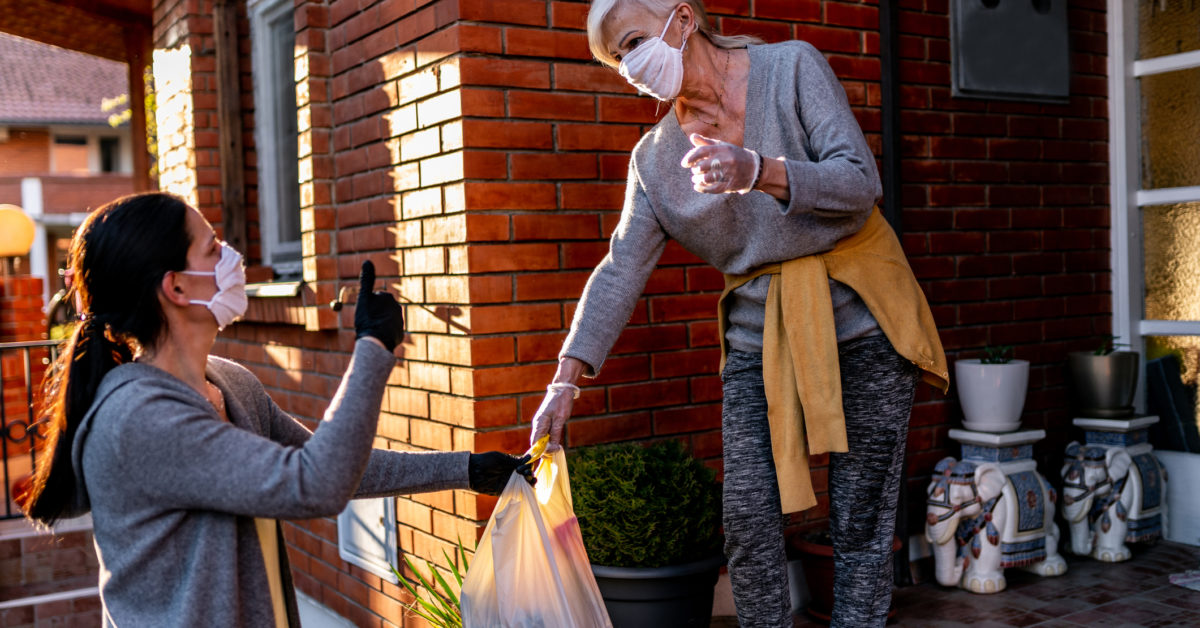Experts draw attention to the “hidden sorrows” of the SARS-CoV-2 virus on people with Parkinson’s disease.

Experts from Radboud University, Nijmegen in the Netherlands, have published a commentary article in the Journal of Parkinson’s Disease, highlighting the “hidden sorrows” of the SARS-CoV-2 virus on people with Parkinson’s disease.
Stay informed with live updates on the current COVID-19 outbreak and visit our coronavirus hub for more advice on prevention and treatment.
In particular, the authors highlight the way stress and lack of physical activity can adversely affect the experience of people who have Parkinson’s disease.
The SARS-CoV-2 virus has rapidly and radically changed the behavior of millions of people around the world. As a response to the pandemic, governments have introduced various emergency policies to limit social interaction in an attempt to slow the spread of the disease until scientists find a vaccine.
People with Parkinson’s disease face particular challenges. There is no definite data on the relationship between Parkinson’s disease and COVID-19. Scientists know that the leading cause of death in people with Parkinson’s disease is pneumonia and that pneumonia is also a key symptom of COVID-19.
However, according to the authors of the commentary article, the social restrictions that governments have instigated may significantly affect people with Parkinson’s.
Parkinson’s disease is a type of neurodegenerative disorder. According to the National Institute on Aging, it results in joint stiffness, shaking, and difficulties moving. It typically affects people over the age of 60, and it worsens over time.
Parkinson’s occurs when neurons in a person’s brain die. These cells produce dopamine, and it is this reduction of dopamine that causes the symptoms of Parkinson’s. Scientists do not yet know precisely why this happens, and, currently, there is no cure.
According to the authors of the commentary article, people w

